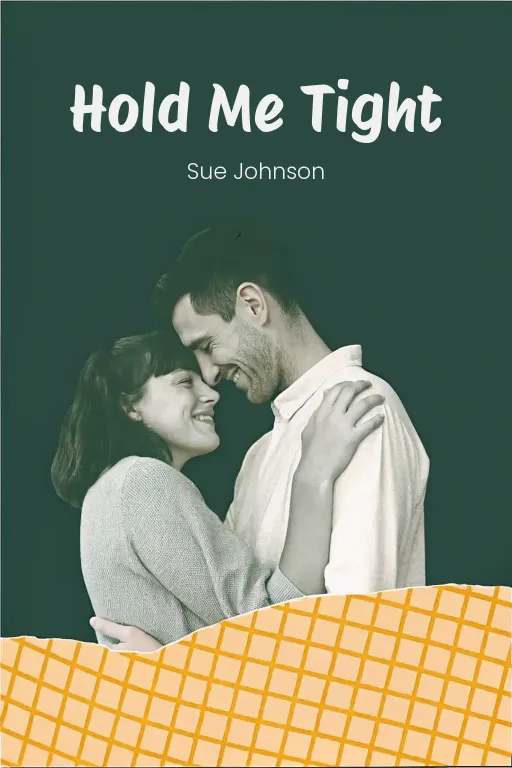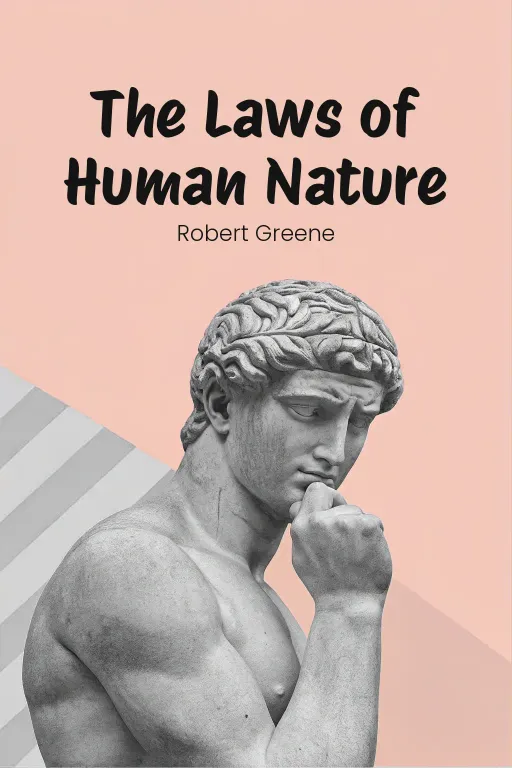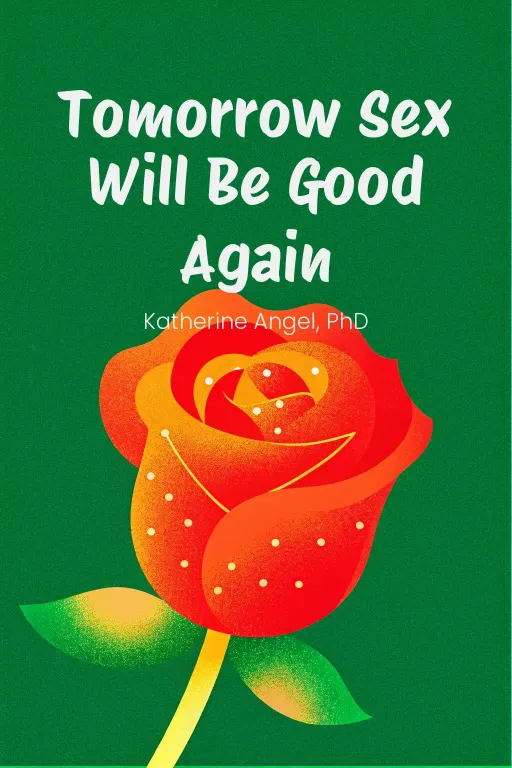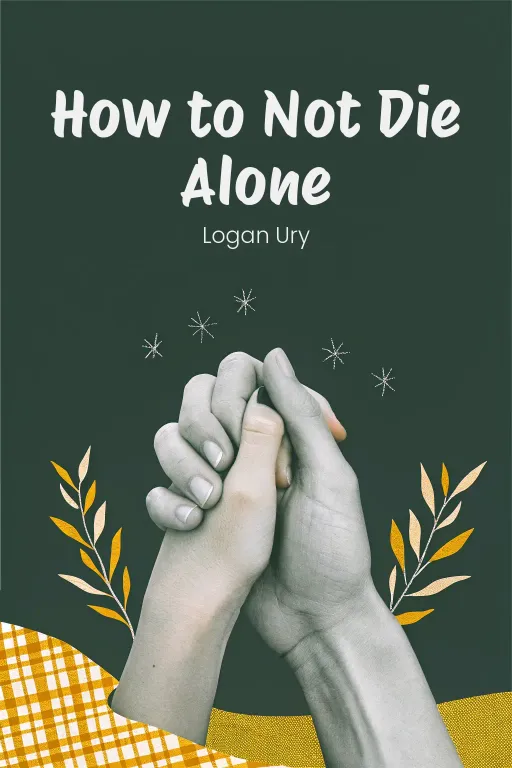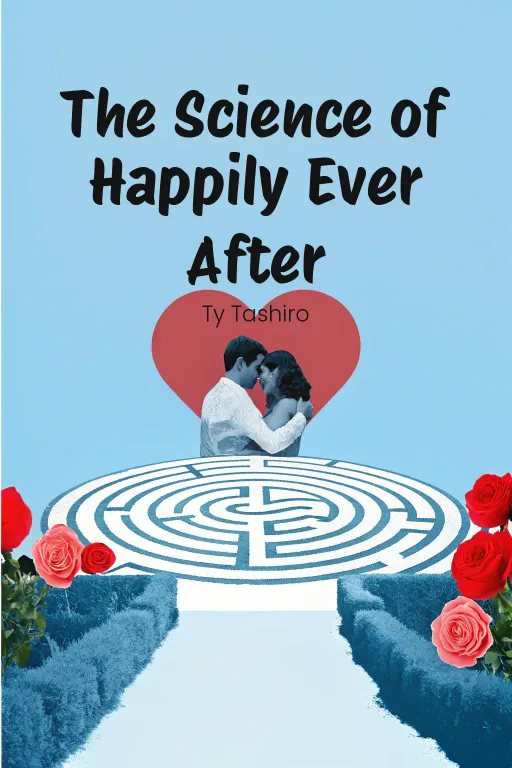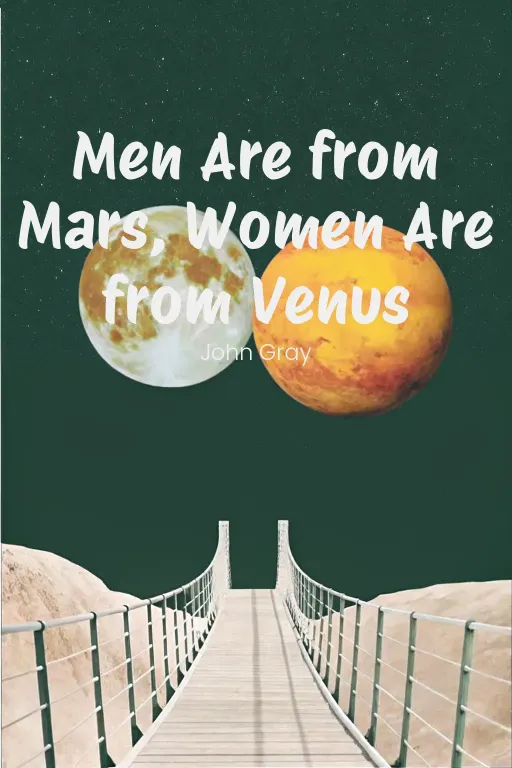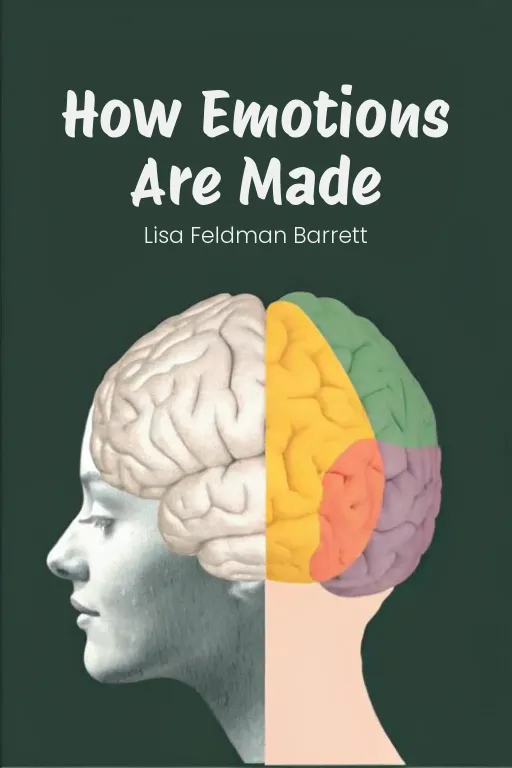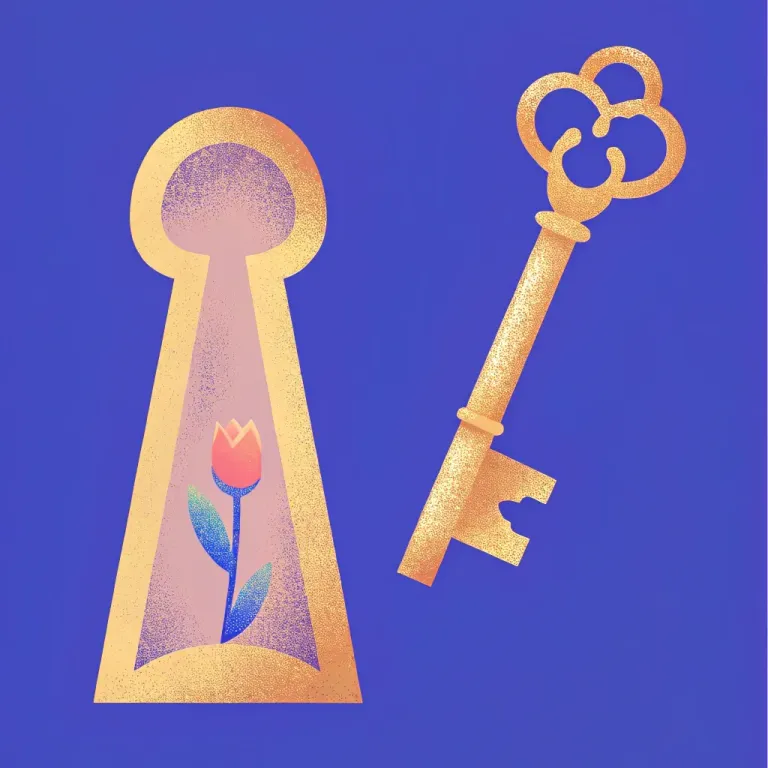
Sex, Desire, & Power: Untangling the Web
Podcast by The Mindful Minute with Autumn and Rachel
Women and Desire in the Age of Consent
Introduction
Part 1
Autumn: Hey everyone, welcome back! Today we're tackling something that's, well, pretty universal: sex, desire, and the tangled web of power that comes with it. Rachel, tell me, when was the last time you heard someone talk about consent as more than just a simple "yes" or "no"? Rachel: You know, it's rare. It feels like we've reduced consent to this simple on/off switch. But let's be real, Autumn, does anyone ever feel totally clear and simple about what they want, especially in complicated, intimate moments? Autumn: Exactly! That's what Katherine Angel's book, Tomorrow Sex Will Be Good Again, gets into. She really digs into female sexuality, consent culture, and those deeply ingrained norms that still shape power and desire. She asks some big, uncomfortable questions. Like, how do we navigate desire in a way that actually embraces uncertainty and emotional depth, instead of just trying to fit everything into these rigid rules? Rachel: Okay, so, is Angel saying that consent doesn't matter? Or is it more that we've turned it into this one-size-fits-all kind of solution for something that’s way more nuanced? Autumn: You nailed it. And today we’re going to break down her argument through three lenses. First, we'll look at why our current model of consent might not be as empowering as we think it is. Second, we'll explore how society has, in a way, boxed in women's desires into these very specific expectations. And finally, we're going to imagine a pretty radical shift – where vulnerability isn’t seen as weakness, but as the bedrock for real intimacy. Rachel: Alright, sounds like a lot to chew on. Vulnerability as a “foundation”, though? Autumn, you might have to work to convince me about that one. Autumn: Challenge accepted, Rachel! Let's get started.
The Dynamics of Sexual Consent
Part 2
Autumn: Okay, let's dive in. Think of consent as a cultural thing, right? Historically, women didn't even control their own bodies legally, let alone have the right to refuse sexual advances, especially if they were married. The idea of consent just wasn't there—it plain didn't matter. Rachel: Exactly, isn't it crazy how recently marital rape was criminalized in many places, like in the late 20th century? It's almost unbelievable how recent that is. Autumn: Exactly! The feminist movements of the 20th century challenged this, saying, "Hey, consent is crucial for respect and independence in relationships." That’s when we started thinking of consent as more than just passively agreeing; it meant an enthusiastic, freely given "yes." That was revolutionary, and honestly, it still is. Rachel: So, basically, we went from a time when consent wasn't even a thing to now, where it's supposedly the foundation of sexual ethics. But I'm guessing you think this foundation has some cracks? Autumn: Huge cracks. Angel argues that we've oversimplified consent into a transactional, black-and-white thing—like signing a contract—and that doesn't really capture the complexity of real life. I mean, just because someone says yes doesn't always reflect how are feeling emotionally or psychologically. Rachel: Isn't that what happened with Girl X, right? The fan who agreed to sleep with James Deen but felt... how did she put it? Detached? Autumn: More than detached—she was struggling with this huge ambivalence. Like, yes, she consented on the surface, but her inner thoughts were all about, "What am I even doing with my life?" That situation really shows how things can get messy. Her "yes" was mixed up with what society expects and her own internal conflicts, not just genuine desire or comfort. Rachel: So, it's like what she thought she should do—or felt pressured into—overrode her actual feelings. Makes you wonder, in those situations, how can anyone even tell what they really want, versus what they feel they have to do? Autumn: Exactly, and that's why the book argues that a strict, yes-or-no view of consent doesn't work. Desire isn't linear or set in stone—it changes and it's connected to the environment. You might want something in theory but feel totally different about it in the moment because of fear, power dynamics, or just plain being unsure. Rachel: And let's be real, power dynamics are rarely fair. Even outside of this James Deen example, women are often conditioned to be polite and compliant, and that kind of training doesn't just disappear when you're alone with someone in an intimate situation. Autumn: Not at all. Women are taught to avoid being “difficult” or “unlikeable,” which makes setting clear boundaries feel risky. And when society constantly judges women's sexuality as either too much or too little, it's no wonder some feel trapped or confused about how to act. Rachel: So, basically, society gives you this impossible choice—speak up and risk being seen as “cold” or “difficult,” or stay quiet and deal with the consequences later. Talk about a lose-lose situation. Autumn: Exactly! This creates what Angel calls the "illusion of clarity." We think a simple yes or no fully covers consent, but it doesn’t consider the emotional and psychological context. And like you said, sometimes it’s hard to even get to a genuine yes or no because of ingrained societal norms. Rachel: Plus, the cultural baggage around how women are "supposed" to feel just makes it even harder. If women are always portrayed as modest or reserved, how can they feel free to just say, "This is what I want" without hesitation? Or even, "I don't know what I want yet"? Autumn: You've hit on such a key point there. Angel emphasizes how society often equates sexual confidence with empowerment, but you can't just force that confidence. You can't just demand that someone cast aside vulnerability or uncertainty—these are normal feelings in any sexual dynamic. Rachel: On that note, do you think part of the issue is the narrative that equates feeling sexually empowered with overly rigid expectations of confidence? Like it doesn't allow for feeling conflicted or just not caring? Autumn: Absolutely—it's a total trap. Women are shamed if they are too sexual or if they are too prudish, so there's not much space for genuine exploration or uncertainty. Even consent is viewed within this narrow perspective. If you hesitate or seem unsure, people might not take your boundaries seriously. Rachel: Right, as if people can only have one clear feeling at a time. Desire isn't a light switch—on or off. It's more like... how about a hazy fog that shifts as you move through it? Autumn: That's a great metaphor, Rachel. And that haziness is real—research backs it up! Studies show many people, especially women, experience desire responsively rather than spontaneously. Meaning you might start out feeling unsure, then only feel desire once you're in a safe emotional or physical situation. Rachel: That makes sense, how you're feeling emotionally or your level of trust matter. But let's be real: isn’t that confusing for the other person? If someone hears a yes but senses a vibe that feels more like no, what then? Autumn: That's a critical point, and it’s tricky. That's why Angel says consent can't be just a formality or saying the right words. It should be an ongoing conversation built on trust and awareness. Both people need to be tuned in to each other’s emotions and signals as they happen. Rachel: Okay, so it's not enough to just hear what someone says; you have to pay close enough attention to notice if their words and body language don’t line up. Autumn: Exactly. And that goes back to needing a more nuanced approach to consent, one that accepts vulnerability as part of the process. Instead of trying to eliminate all ambiguity, we need to create situations where it's okay to be unsure, and both people can work through it together without feeling judged or pressured. Rachel: I'll admit, that feels like a pretty big shift in how we usually think about consent, where everything needs to be perfectly clear to be safe. But I guess when you put it that way, the basic "yes or no" model does seem a little too simple to fit the complexities of real human interactions. Autumn: And that’s just the start. The more we dig into the layers—society's expectations, internalized shame, and how relationships work—the clearer it becomes that healthy interactions are about way more than just a yes or no.
Women’s Sexual Desire in Context
Part 3
Autumn: Building on our critique of consent, we naturally delve into how women's sexual desire functions within these broader social contexts. It's about acknowledging that desire isn't purely biological. Honestly, it's shaped by everything: relationships, historical narratives, and the constant societal pressure on women to embody a specific version of femininity. Rachel: Exactly, it's never a simple "yes" or "no" in a vacuum. There's always context. How much of what we feel is truly our own versus what society has conditioned us to feel? So, where do we even begin to unpack all of this? Autumn: Let's start with the book's core concept: the distinction between spontaneous and responsive desire. This framework alone raises so many questions about how women experience and interpret their, shall we say, libido. Rachel: Spontaneous and responsive desire. Okay, spontaneous is like...bam! Lightning bolt out of nowhere. And responsive is more... contextual, right? Autumn: Precisely. Spontaneous desire is that classic, unstoppable biological urge, the "love at first sight" kind of thing. Responsive desire is subtler. It unfolds over time, heavily influenced by emotional safety, affection, or even just your mood. Rachel: Hmm, spontaneous is our "Hollywood montage," while responsive is more of a slow burn. Autumn: Exactly! And here's the crucial part: historically, most research, even the famous Masters and Johnson, completely missed this distinction. Their model implied desire had to come first, like some sort of prerequisite before intimacy. Which “really” doesn't align with how most women experience it. Rachel: So, what's the alternative? Because I’m already thinking of scenarios where someone might not initially be "in the mood," but warmth or connection gradually pulls them in. Autumn: Exactly! That's where Rosemary Basson's model comes in. She flipped the old idea on its head, viewing desire as something that emerges in context. Imagine a couple spending time together. One person might not have immediate, intense desire, but moments of laughter or cuddling spark interest. Rachel: So, instead of waiting for fireworks beforehand, Basson focuses on how things unfold as people connect, emotionally or physically. Autumn: Exactly, and this shift is essential because responsive desire is so common for women. Studies estimate that 50% to 70% of women experience desire this way. Rachel: Wow, that’s huge. So why has this been overlooked in, like…every cultural narrative about sex? Autumn: Well, society clings to spontaneous lust as the default, probably due to male-centric studies and media. When women don't experience desire that way, they think something's wrong with them, as if they're somehow deficient. Rachel: Right, this is where things start to get medicalized! If society pushes this narrow idea of "normal" desire, it's no wonder pharmaceutical companies rush in to "fix" something that was never broken to begin with. Autumn: Precisely. The reclassification of Hypoactive Sexual Desire Disorder to Female Sexual Interest/Arousal Disorder in the DSM-5 is a prime example. It’s like they're trying to create a catch-all diagnosis for low libido. But the real issue isn’t necessarily a lack of arousal; it’s that we jump to a clinical explanation without considering the emotional or relational context. Rachel: Right. And it probably doesn't help that the "solution" is always popping pills. Big Pharma’s idea of empowerment is usually, "Take this, because you're the problem.” Autumn: Bingo. Medications like flibanserin, the "female Viagra," portray women's libido as a malfunction needing repair, instead of considering the environmental and relational dynamics affecting desire. It's reductive at best, and potentially harmful. Rachel: Harmful how? Isn't there an argument for women who want these medical options? Autumn: Sure, they can be useful for some women. But we also have to question how these narratives reinforce the idea that women owe sexual performance—to partners, society, or some idealized version of femininity. Rachel: So, instead of empowering tools, they can just redirect the pressure back onto women to meet societal expectations of being sexually available and enthusiastic. Autumn: Exactly! This ties into Angel's take on cultural narratives around empowerment: how they can seem liberating but actually reinforce patriarchal norms. Look at the idea that confidence equals sexual empowerment. Rachel: That's definitely the message we get today: "Own your desire, be bold, express yourself!" But I see how that backfires if women feel they're failing by not meeting those modern expectations. Autumn: Exactly. It's a double-bind. You're either too timid, needing to "ramp up" your desire, or you're too overt, risking judgment or even danger. Instead of seeing sexuality as dynamic, it becomes another performance. Rachel: So, it's not just whether you desire anything, but how well you project it, meeting the standards of confidence culture, standards that, surprise, are still largely designed for the male gaze. Autumn: Completely. That's why Katherine Angel emphasizes moving past this binary of spontaneous confidence versus deficient disinterest. Women’s desires need to be treated as subjective and contextual, with room for uncertainty and nuance. Rachel: And this comes with some uncomfortable truths, doesn't it? Like, we have to admit that vulnerability—in ourselves and our partners—isn't weakness. It's unavoidable. Humans are messy. Autumn: Exactly. True empowerment embraces that vulnerability. Whether someone experiences desire spontaneously, responsively, feels conflicted, or unsure, that experience is valid. It's time we stop viewing ambiguity as something to eliminate, and see it as part of sexuality's complexity. Rachel: It's definitely a shift. Moving away from sexual clarity as the ultimate goal...it'll probably make some people uncomfortable, but it feels like a more honest approach.
Redefining Vulnerability in Sexual Relationships
Part 4
Autumn: So, understanding that desire is all about context leads us to something really important, but often overlooked: vulnerability and power in sexual relationships. This isn't just about what we experience as individuals. It's about ethics, relationships, and changing how we approach intimacy altogether. Rachel: Vulnerability, huh? I don't know, Autumn. Usually, when I hear that word, I think of weakness, being exposed—something people usually want to avoid. You're saying that can be the foundation of solid relationships? Autumn: Exactly. It seems backward, right? Vulnerability often gets a bad rap, like it's a weakness, but Katherine Angel actually says it can be a source of strength. It's about creating a space where you can express desires, fears, even when you're not sure about something. The idea is that when you're vulnerable, you're more honest, and that's super important when you're being intimate with someone. Rachel: Right, but opening yourself up like that sounds like you're just asking to get hurt. Take that story from the book, the one about Girl X and James Deen. Her experience was all about vulnerability, but not in a good way, not like this empowering "let's communicate" thing you're talking about. Autumn: Right, her story really brings home just how complicated vulnerability can be. When she talked about her encounter with Deen, she said yes on the surface, but inside, she was conflicted. That question she asked herself—“What the fuck am I doing with my life?” – it really shows how uncertain desire can be. It doesn't always match what society expects, or even what we expect from ourselves. Rachel: Yeah, that's the key, isn't it? The "societal script," as you call it. Let's be real, she's measuring her actions against decades of cultural judgment about what women are "supposed" to do. In that kind of environment, vulnerability isn't strength—it's just opening yourself up to being ridiculed or even harmed. Autumn: Exactly! That's why Angel talks so much about how societal pressures shape these moments. Women are expected to walk this tightrope: be assertive, but not TOO bold; be sexy, but not a "slut;" be confident, but not overbearing. The stakes are so high. In a patriarchal world, vulnerability can be used against women. That's where things get really complicated. Rachel: And all of that ties into this "confidence culture" Angel critiques, right? We tell women to be "bold" about their sexuality, but the second they mess up—or even just hesitate—society comes down on them. It's a no-win situation. Autumn: Exactly. It's not just about individual choices; it's the whole system. Even movements like #MeToo, as empowering as they are, put a huge burden on women to publicly share their trauma as proof that they were harmed. In those cases, being vulnerable is almost required to be believed, and that's exhausting. Rachel: So, fighting for your autonomy becomes its own kind of trap. Women are encouraged to embrace their desires—but only in ways that fit into these pre-approved boxes. Step outside those lines? You're judged, or worse. Autumn: And that's why it's so important to see vulnerability as a strength, but it takes more than just changing how we think. We need to change the whole system. To really embrace vulnerability, we need society to stop judging people so much and start prioritizing respect and adaptability in sexual situations. Rachel: I get the theory, but what would that actually look like? I mean, we're not going to dismantle centuries of patriarchal nonsense overnight. Autumn: No, it definitely won't happen overnight, Rachel. But what gives me hope is how we can approach vulnerability together. It's not just about individuals exposing their souls; it's about creating a safe space built on respect and the ability to adapt. Partners become teammates, not opponents. Rachel: Okay, I'm listening. What does this "mutual vulnerability" actually look like in practice? Autumn: Well, what Angel suggests connects with scholars like Leo Bersani, who's written about how sexual intimacy can actually disrupt rigid hierarchies. The idea is that when you truly connect, you dissolve those boundaries—you're not fighting for control, but creating intimacy together in a fluid, evolving way. Rachel: Alright, but all of this sounds awfully theoretical. Can we maybe bring it down to earth a little? You got an example? Autumn: Let's talk about the film Vendredi Soir. It’s a perfect example. The main character, Laure, meets a stranger, Jean, on a rainy night. She hesitantly offers him a ride – an act filled with ambiguity and vulnerability. Rachel: So, it's one of those "Will they, won't they?" moments that Hollywood loves to over-dramatize? Autumn: Sort of, but it’s much more nuanced. Their evening unfolds almost without words, as they cautiously bridge the gaps of uncertainty. Nothing feels scripted. There's no formulaic build-up to desire. Instead, their connection is co-created in the moment: tender, hesitant, and built on unspoken negotiation. Rachel: Sounds like the anti-Hollywood romance. Less grand gestures, more implicit trust. Autumn: Exactly! The film illustrates that vulnerability is at the very heart of desire. It’s not a weakness, but a willingness to explore the unknown as a team. When their night concludes, Laure <Laughs> as she leaves – a genuine, full-bodied joy that reflects both the intimacy she’s experienced and the liberation of embracing it on her own terms. Rachel: So, the key takeaway is… what? That uncertainty can be a good thing if it's mutual and shared? Autumn: Exactly. Shared vulnerability enables partners to navigate intimacy ethically. It’s about respecting ambivalence and adapting together, which offers far more depth than simply going through the motions of consent. What’s so crucial in Laure and Jean’s encounter isn’t the outcome, but the process – the way they honor each other’s humanity in a world that often feels so unbalanced. Rachel: But here's the tough part, Autumn: isn't that kind of utopian? Relationships and sex in real life aren't always so balanced or mutually respectful. What about power imbalances that make that kind of shared vulnerability impossible? Autumn: You’re absolutely right—power has to be addressed directly. Angel critiques how these dynamics intersect with race, gender, and class, making vulnerability particularly fraught for marginalized women. For example, the expectation that women should simply "lean into" confidence ignores the systemic inequalities that limit their agency in the first place. Rachel: Like the confidence culture double-bind we talked about earlier. If women show vulnerability, they’re open to exploitation. If they perform confidence, they’re judged in other ways – especially women of color, who face stereotypes like the “angry Black woman” or hypersexualization. Autumn: Precisely. And that’s why Angel argues for a collective reassessment of gendered and racialized power dynamics. Consent on its own isn’t sufficient – structural reform is critical. We need comprehensive sex education, accessible health resources, and systematic acknowledgment of these inequities. Rachel: And I’m assuming that real reform wouldn’t just tweak the rules of the game but change the game itself? Make it a whole new ballgame? Autumn: Exactly! It’s about creating a world where people can express desire as it truly is—messy, layered, and complex—without fear of judgment or exploitation. And that starts by acknowledging power imbalances, not pretending they don't exist. Rachel: So shared vulnerability might not be easy, but it's the most honest way to approach ethical intimacy—and maybe even change the whole story about sex and desire.
Conclusion
Part 5
Autumn: Wow, Rachel, we “really” went deep today! From the flaws in just focusing on "yes" or "no," to how tricky desire can be, and totally reframing what it means to be vulnerable. Katherine Angel's book really shows us that sex is far from black and white, doesn't it? Rachel: Exactly! Consent is more than just checking boxes, desire isn’t always this huge explosion of fireworks, and vulnerability… well, it’s not a bad thing! It's actually where real connection starts. But let's be real, this isn’t simple stuff. You can't just follow a set of rules and expect everything to work out perfectly. Autumn: Right. And that's what's great about Angel's work. She pushes us to accept the messiness, the uncertainty, the human-ness of it all. It's about going beyond these strict ideas and seeing relationships as something that's always changing, always connected – not just a transaction. Rachel: So, maybe the big lesson here is this: if you want to build real, honest intimacy, you have to put in the effort. It takes talking, really paying attention to each other, and understanding that desire and consent don't exist in a vacuum. They're influenced by everything around us – our culture, our feelings, everything. Autumn: Absolutely! So to our listeners, here's a thought: next time you're thinking about relationships – whether it's consent, pleasure, or feeling vulnerable – ask yourself, "Am I really seeing the whole picture here? Am I leaving room for things to be uncertain, for us to explore together?" Rachel: Because, like Angel says, that's where the real power is, right? Not in trying to avoid any risk at all, but in honestly dealing with all the little details that make human connection so complex, with honestly and care. Autumn: And you know what? Maybe—just maybe—someday soon, sex will be good again! Rachel: Let's hope so! Alright, Autumn, I think we've covered it all. Autumn: Definitely. Thanks for tuning in, everyone. Catch you next time!


